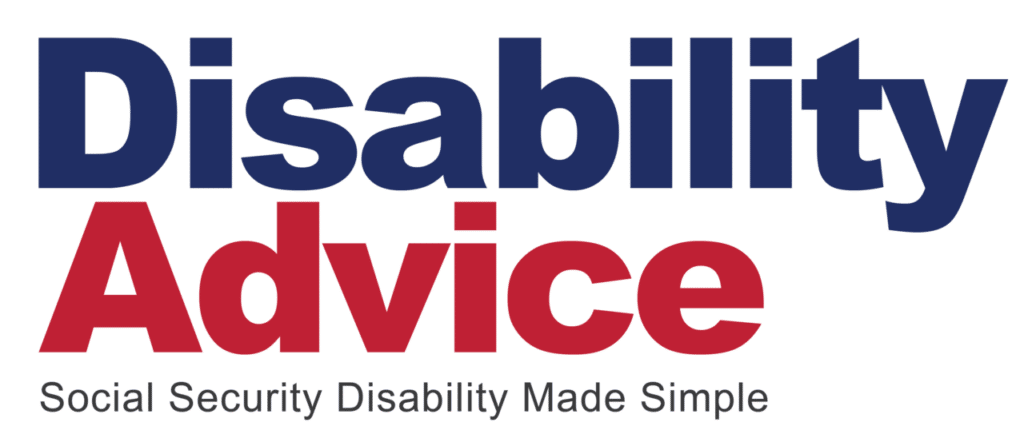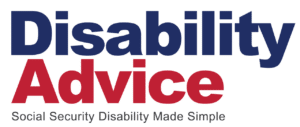Social Security Disability Insurance, or SSDI, provides financial support for disabled Americans unable to work, and pensions reward years of employment, but what happens when you’re eligible for both simultaneously? As you approach your retirement, especially if you are disabled, you may have multiple income streams that impact each other. Consulting a lawyer now can prevent future headaches.
Disability Advice provides disabled Americans with information, resources, and support to help them maximize their SSDI and other benefits. We can connect you with a professional who can advise you about how your benefits can work together with a pension to provide a financially secure retirement.
Can You Collect SSDI and a Pension at the Same Time?
The good news is that you can now generally collect Social Security Disability Insurance and a pension simultaneously.
Under old laws known as the Windfall Elimination Provision and the Government Pension Offset, certain SSDI recipients receive pension payments simultaneously without penalty, but those receiving money from so-called “non-covered pensions” would have their Social Security payments reduced. Non-covered pensions are those paid based on work for which Social Security taxes were not deducted from their paychecks. These laws primarily affected public employees. Federal employees often had non-covered pensions, as did teachers, firefighters, and police officers in many states.
Now you can receive your full benefits, even if you have a non-covered pension, thanks to the Social Security Fairness Act, which repealed the Windfall Elimination Provision and the Government Pension Offset. Signed into law on January 5, 2025, the new measure applies to all benefits after December 2023.
Some exceptions still apply, and receiving SSDI benefits and a pension together, especially a government pension, may complicate your tax situation and finances, depending on your situation.
What Happens to My Pension If I Go On Disability?
Going on SSDI generally won’t affect your pension.
SSDI is intended for people who cannot work due to a disabling condition that is expected to last at least a year or result in death. To be eligible for SSDI, you must have a qualifying medical condition that prevents work and a sufficient employment history during which you paid a sufficient amount in payroll taxes. SSDI payments are based solely on your earnings record, and other sources of income have no impact on your payments.
These requirements differ from those of needs-based government programs such as Supplemental Security Income, or SSI, which have significant means-testing components.
Can you collect a pension early if you’re disabled? This depends on the terms of your pension, so it’s a good idea to look over your plan’s documents or talk to the administrator.
Government Pension and Windfall Elimination Provisions
Previously, people who paid into a non-covered pension would find their Social Security benefits reduced. For some people, the reduction was so large that it eliminated their Social Security benefits altogether. The reduction in benefits also impacted many who paid premiums for their Medicare.
The Government Pension Offset and Windfall Elimination Provision were designed to reduce any excessive benefits a person received from getting both a government pension and Social Security benefits. In practice, they significantly and negatively impacted retirement planning for millions of government workers, especially those who had paid into the system through other jobs.
The Social Security Fairness Act ended these provisions and restored full Social Security benefits to 2.8 million government workers. As of July 2025, the Social Security Administration is still working to adjust the benefits of those affected with a plan to update all records by November 2025.
If you’ve been affected by the repeal of the old provisions, the SSA will send you a notice when your status is updated and another when your monthly benefit amount is adjusted. To make sure you receive any updated benefits as soon as possible, you can verify your address and direct deposit information with the SSA.
Non-Government Pensions
While non-government pensions can affect benefits such as those received from the needs-based SSI program, receiving a pension from your previous employer or union doesn’t affect your SSDI.
Impact of Pension Size on SSDI
In the past, the amount of your non-covered pension could have greatly affected the SSDI benefits you could receive. Now, pension size has no bearing on how much SSDI you can receive. With the change , some former government employees affected by the old laws have seen their Social Security payments rise by hundreds of dollars.
How To Report a Pension When Applying for SSDI
The SSA separates income into two categories: earned and unearned. Earned income is what you earn for a job or self-employment, while unearned income refers to benefit payments, interest, rent, and support payments like alimony.
The SSA considers pension payments part of your unearned income. While unearned income can affect the amount of SSI or other government benefits you receive, it generally doesn’t matter for SSDI.
It’s still a good idea to report all of your sources of income to the SSA, even if it won’t affect your benefits. If you’ve made an error that causes the SSA to overpay you, you will be required to pay the money back and may face other consequences.
You can report your pension and other income when you apply for SSDI online, over the phone, or in person at a regional SSA office.
What Happens if You Don’t Report a Pension
Misreporting income to the SSA can have serious consequences. If misreporting causes the SSA to underpay you, you’re missing out on benefits you should receive now.
If misreporting your income or other information causes the SSA to overpay you, you’ll have to pay them back, which could result in a reduction of future benefits. You could also be in legal trouble if the SSA thinks you purposely misrepresented your income for financial advantage.
What To Do If You Are Receiving Both SSDI and a Pension
If you’re receiving both SSDI and a pension, working with a financial planner who understands the Social Security system, taxes, and pensions is a good idea. Managing multiple income streams while preparing for retirement requires careful coordination to maximize your benefits and ensure you do it all legally. Every retirement is different, so getting personalized advice can be extremely beneficial.
If you’re drawing a government pension and considering applying for SSDI now that your Social Security benefits won’t be penalized, be aware that the SSDI application process often takes a long time and requires a lot of paperwork. Many claims require an appeal before they’re ultimately successful.
SSDI recipients may also be eligible for additional benefits due to their disability. These can include state supplements, utility help, Medicaid, and more. Learning about these programs can help you maximize your benefits.
Need Help With Your SSDI Benefits While Receiving a Pension?
Disabled Americans have a right to access their full SSDI benefits, even if they’re already receiving pension payments. Receiving two income streams is great for your retirement, but it can complicate your financial planning. While former government employees can now receive their full Social Security benefits, their payments may be affected by ongoing SSA adjustments.
If you’re receiving SSDI and a pension, or if you’re considering applying for SSDI, working with a disability lawyer may prevent any legal or tax problems down the line. Disability Advice is proud to help disabled Americans maximize their benefits and enjoy full lives, regardless of their medical conditions.
Contact us today to get a consultation on your situation.
- Free case evaluation
- Assist with denied claims
- Ensure you have all documents
- Make the process easy for you


